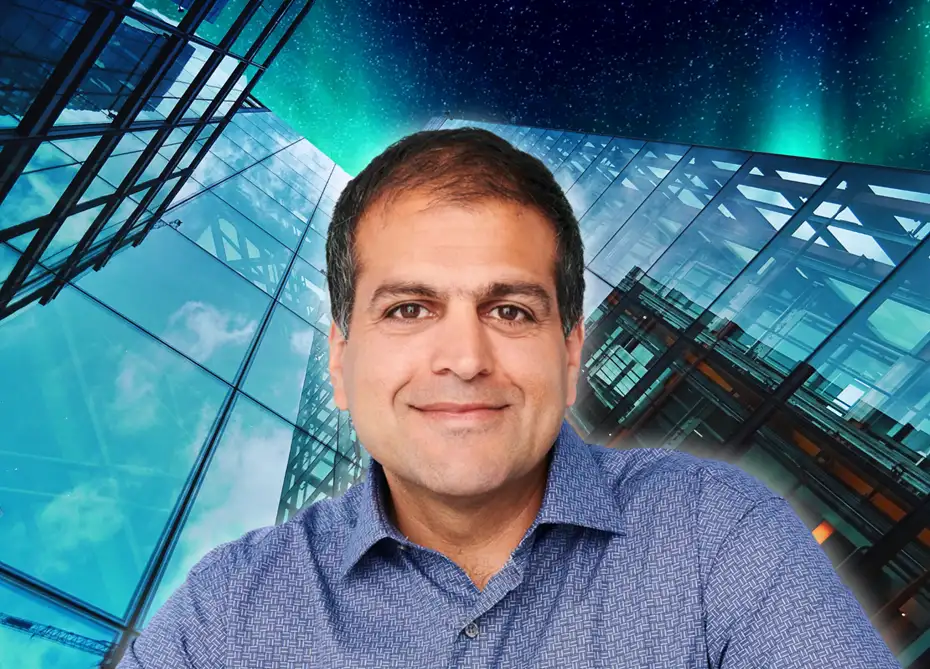THE EMOTIONAL ECONOMICS OF SELF-EMPLOYMENT: BEYOND NUMBERS AND BALANCES
Reframing Financial Wellness: Finding Balance Between Security and Fulfillment

For those who are self-employed, the rhythm of financial highs and lows often becomes second nature. Payments land, bills siphon them away, and the cycle repeats. Yet, for many, the true struggle isn’t just with the math but with the emotional toll these ebbs and flows create.
Elizabeth Husserl, a registered investment adviser and author of The Power of Enough: Finding Joy in Your Relationship with Money, believes our relationship with money often mirrors deeper emotional dynamics. “Money is very personal, and so is our experience of it,” she explains. The same dollar amount can evoke vastly different emotions depending on individual circumstances and values.
This perspective invites an alternative lens on financial health. Husserl identifies what she terms the “abundance-scarcity cycle”—a pattern where rising costs and tightening budgets trigger anxiety, often prompting an overemphasis on earning or saving at the expense of overall wellbeing. This cycle, while practical in some respects, can overshadow other vital aspects of life such as health, relationships, or even a sense of purpose.
For instance, one of Husserl’s clients discovered that overspending on dates stemmed from an unmet need for physical connection. By choosing to redirect that expense to regular massages, the client addressed the underlying issue without draining resources.
Interestingly, even individuals in relatively stable financial positions can find themselves trapped by fear. Husserl points to the importance of distinguishing between real financial risks and imagined threats. “At its worst,” she notes, “this cycle convinces people that no amount of money will ever be enough, leading them to sacrifice joy and fulfillment in pursuit of unattainable goals.”
The conversation with Husserl also highlights how money intersects with identity and self-worth. It’s not uncommon, she says, for individuals to “scapegoat money” by attributing unhappiness to a lack of it. In reality, other neglected aspects of life—such as relationships or personal health—may be contributing to dissatisfaction.
To break free from this mindset, Husserl suggests a surprising exercise: imagine having a conversation with money as if it were a person. By journaling or reflecting on this interaction, people can uncover emotions such as resentment, fear, or awe, offering valuable insights into their financial behaviors.
Husserl also advocates slowing down, both in spending and savoring experiences. This pause creates space to evaluate whether expenditures align with genuine needs or are simply responses to external pressures. Through practices like these, individuals can foster a more conscious and sustainable relationship with money.
As the festive season approaches, these insights may resonate with many feeling the pinch of holiday expenses. By focusing on the “richness of life” rather than the price tags of gifts or decorations, Husserl suggests prioritizing meaningful connections over material indulgence.
For those navigating the unpredictability of self-employment—or any financial circumstance—this shift in perspective might just transform the narrative. Beyond the numbers, it’s possible to cultivate a sense of wealth that isn’t confined to a bank balance, offering clarity, gratitude, and even a touch of joy in the process.
#THE S MEDIA #Media Milenial #financial wellness #self-employment #money mindset #abundance-scarcity cycle #financial anxiety #holiday spending #emotional spending #relationship with money #investment advice #financial health #lifestyle choices #money and wellbeing #mental health and finances #personal finance #financial clarity #financial goals #spending habits #financial security #wealth and happiness #budgeting #sustainable financial path


























